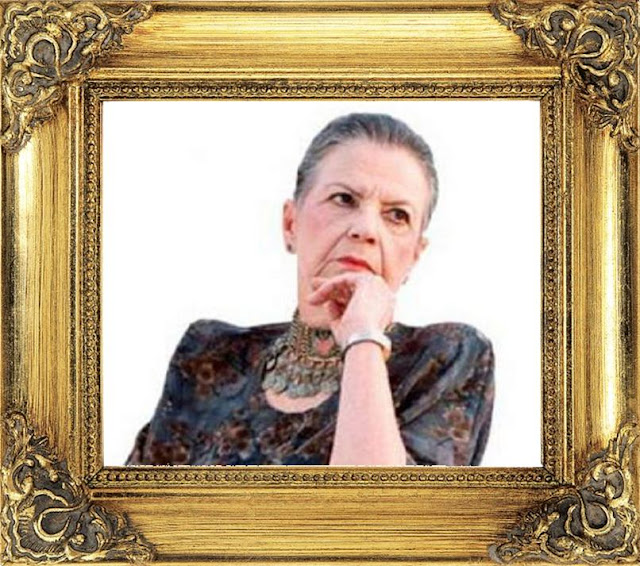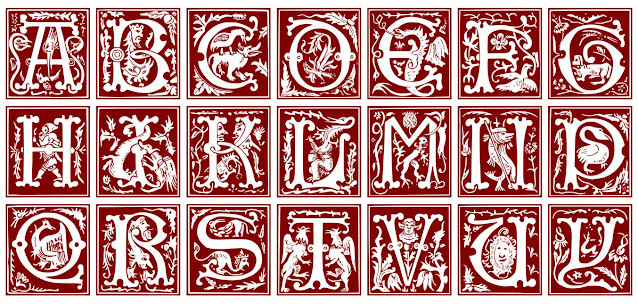One Family issue
A tale by Salvador Garmendia
By that time, the photographers were wellknown, so they used to be barbers too. It was said that they could fly and maybe that was the reason no one saw them getting into the places. This was a little man, full of sounds, the clothes all covered with saints and hanging little mirrors,that made a happy noise when he walked. He looked like a skinny horse, the horse face and some long and yellowish teeths andthe hair that looked like syrup, long, yellowish, lying to the back.
He armed his camera in the corridor and
seemed more to a horse when he put the head and shoulders under the
black rag. When he box opened by a side, you could look inside a black worm
full of wrinkles.
I, being just a boy, I was portrayed
sitting on a cushion, rather kneeled, and with the hands together,
praying, and my mom that was fat andfilled the whole sofa, she put a hand on
my head and looked at me like if I really was a saint. I thought I was
going to seem like Guido of Fongaland, all shinny, like white
porcelaine just rubbed, but Iappeared like palid and sleepy with the
empty eyes like an albine. Dad appeared in the picture with a hand on
the chest, looking to all of us withsurprise and to my aunt Gardita, actually
her name was Hildegardis, her black with dots dress faded
completely and also had flour on her head.
By last, to my uncle Juan, the family
forced him to get pictured, standed him to the wall with his black band
-which means he is a widow- on his right arm and photographed him.
The next day at the morning, when the
photographer was walking around the square, and all the boys and dogs of the
street were behind him, my uncle had a syncope, a blood bag on his
head has broken and he passed away.He falled down in the bathroom, like if
his flesh had dried suddenly, and the noise he made was so
big that resounded in the whole house. My aunt Gardita that was sewing
the Register books, because she was binder, came out screaming and
saying that she had seen him falling all over the place, as if the roof had
come off in the middle of thatbig table where she was working.
They buried my uncle. The next day, my
family called the photographer, that very last night, meanwhile people praid in
the corridor and i was crying in my bedroom, the photographer staid in front
of the window overlooking the garden, and there he showed his long horse, full
of bones face. The photographer took my uncle's photo, and
a week after, when the days were yet long and the footsteps were not
heard, he came back with a big ampliation that they hanged
inmediately on the livingroom.
It was a full-body picture; my uncle was
fat, pink and had lost half of his hair. He was standed up,
white-dressed and his arms sticked at his body as a soldier.
That day, the photographer put a hand on
my head, and was so heavy that I felt it, cold, in my hair for
many days. We didn't saw him anymore.
One day, my aunt Gardita, that had her
hands sticky of cola and the nose full of veins, she told that black
suit my uncle had in the portrait, the jacket and the boots, that
he had put them the day of the marriage and he did not use them
anymore. That suit was yet in his bedroom, hung up behind the door. We
shook it with fear and from the inside went out cockroaches that ran
like blind over that black and dusty suit.
With the months go by, my uncle thinned
out. Also; his head had sharpened, and his black hair was shiny like
the oil; he dressed in dark denim, and his
hands seem longs and whites. For my mom he looked a lot like uncle
Roberto who died very young; but my uncle Roberto had the fronthead clearer
and longer neck.
One day, he appeared on a horse, with
boots and leggings and a felt hat. He looked very tall, hard, similar
to a statue. He was fatter and his face turned rounded. Mama said that
looking at him very well, it could barely see, in that background the smoke, to my
dad also on a horse. But this wasn't possible to verify it,
so after a while it forgot. At that time, my aunt Servilia showed up,
and woke up the house. Watching my uncle sitted in an armchair with that
enormous neck where was beating a vein and that inflated chest
and heavy hands, she said that was a shame he died so young.
My aunt Servilia walked all day around
the house, busy and without stop talking. She spoke for nothing, saying
the things she was doing, and sometimes laughing of what she was
thinking. From the nightgown, some little men came out in front of her
removing chairs and pots and everything they could find. Everything
was noise in the house and the days came by.
Then she decided to change all from its original site, to unfill the rooms, she changed the position of everything. When we moved the closets, some lizzards came out from all directions and a lof them roaded on the floor, instinctively we started to try to kill them with our feet, with that action. We have left a dust stain and things that we had lost long ago appeared.
When they removed my uncle's portrait, a
piece of the wall fell off and the painting fell down to the
floor. I ran to see what happened. The glass was in pieces, blackened by the dust and
the frame unnailed in a corner. My mother and my aunt were
yelling. The portrait was so darkened, full of scratches and smears, that was almost
impossible to distinguish the shape on it. It looked a bit of my
uncle's face, but as it was a long time since he died, I didn't remember
him.
My aunt Servilia said that it wasn't
worth it to do anything to get it back, so she told me to throw it away in the
backyard.
Translation by Mariana Nuñez and Mirih Berbin
Salvador Garmendia (Barquisimeto, 1928-2001)
He was a novelist and a writer. He participated actively in the poetry groups ‘Sardio” and “Tabla Redonda” (Round Table). He worked in the University of Los Andes as a Principal of the Printing Department. He was secretary of the Actual -which means current- magazine. He obtained the municipal award from the Federal District in 1959, National award of lterature in 1972, International award Juan Rulfo 1989. With twenty five printed books is consideres one of greates exponents of the venezuelan literatura.




Comentarios
Publicar un comentario